SLIGO, IRELAND—RTÉ reports that more than 200 artifacts were recovered by archaeologists investigating a cave in northwestern Ireland where 34 men hid for six weeks in the fall of 1922. The Irish War of Independence between the Irish Republican Army (IRA) and British forces ended with the signing of the Anglo-Irish Treaty in December of 1921, but a faction of the IRA rejected the agreement and fought against the Irish Free State in the Irish Civil War. The artifacts recovered from Tormore Cave include pottery, glass, a boot lace, and a pipe thought to have belonged to some of these so-called “Irregulars,” or anti-treaty men. Archaeologist Marion Dowd of Atlantic Technological University explained that the cave had been modified for habitation, probably during the years of the War of Independence. A large boulder had been placed at the entrance, a series of steps and a wall had been installed, and flagstones were mortared to the floor to create a cleaner, warmer living surface. Two sods of turf found in the cave may have been used to light the living area, she added. Dowd said no graffiti has been found, and little evidence of the identities of the men who lived there, indicating that they were disciplined and well organized. To read about other recent archaeological disscoveries in Ireland, go to "Around the World: Ireland."
Irish Civil War Hideout Investigated
News April 28, 2022
Recommended Articles
Digs & Discoveries January/February 2016
Irish Roots
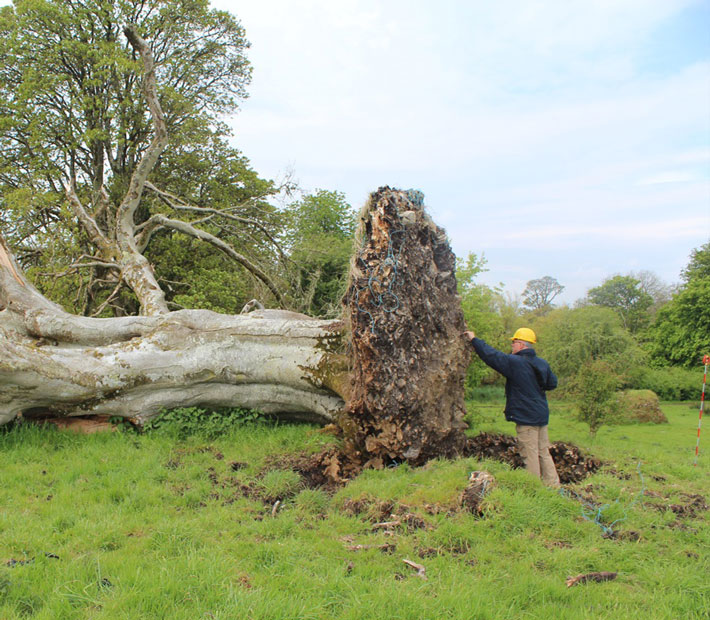
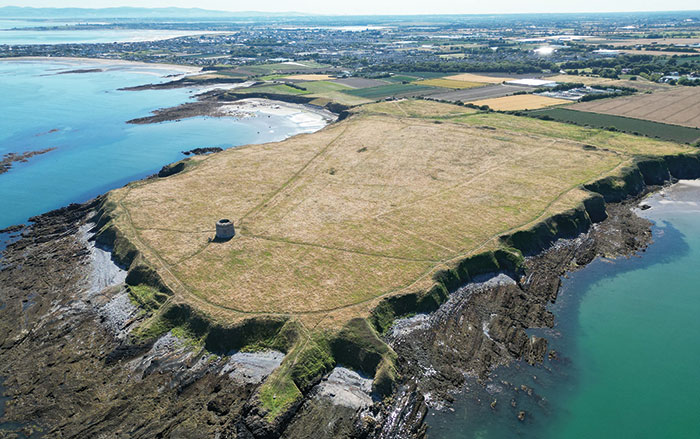
Digs & Discoveries November/December 2021
An Irish Idol
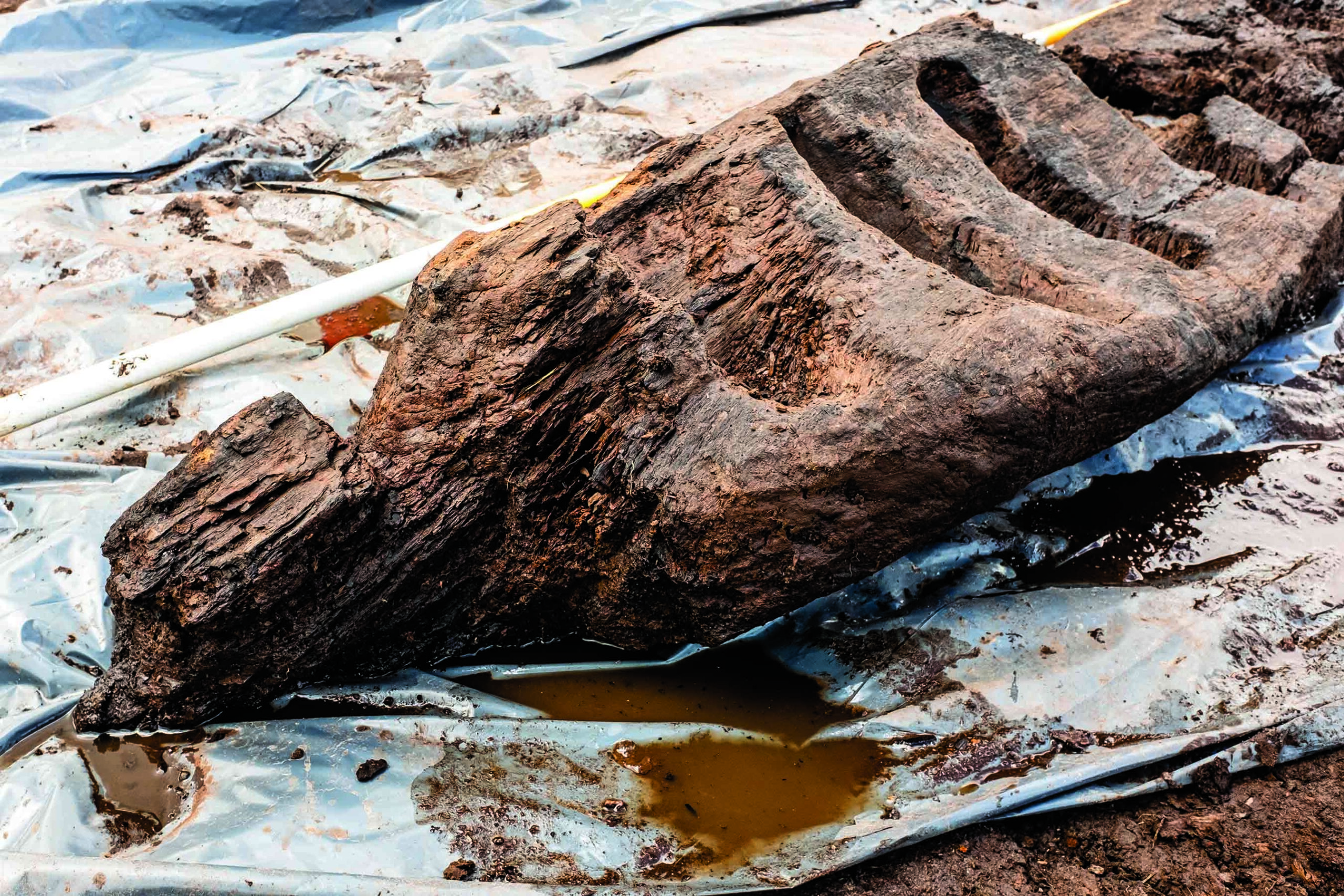
Top 10 Discoveries of 2020 January/February 2021
Largest Viking DNA Study
Northern Europe and Greenland
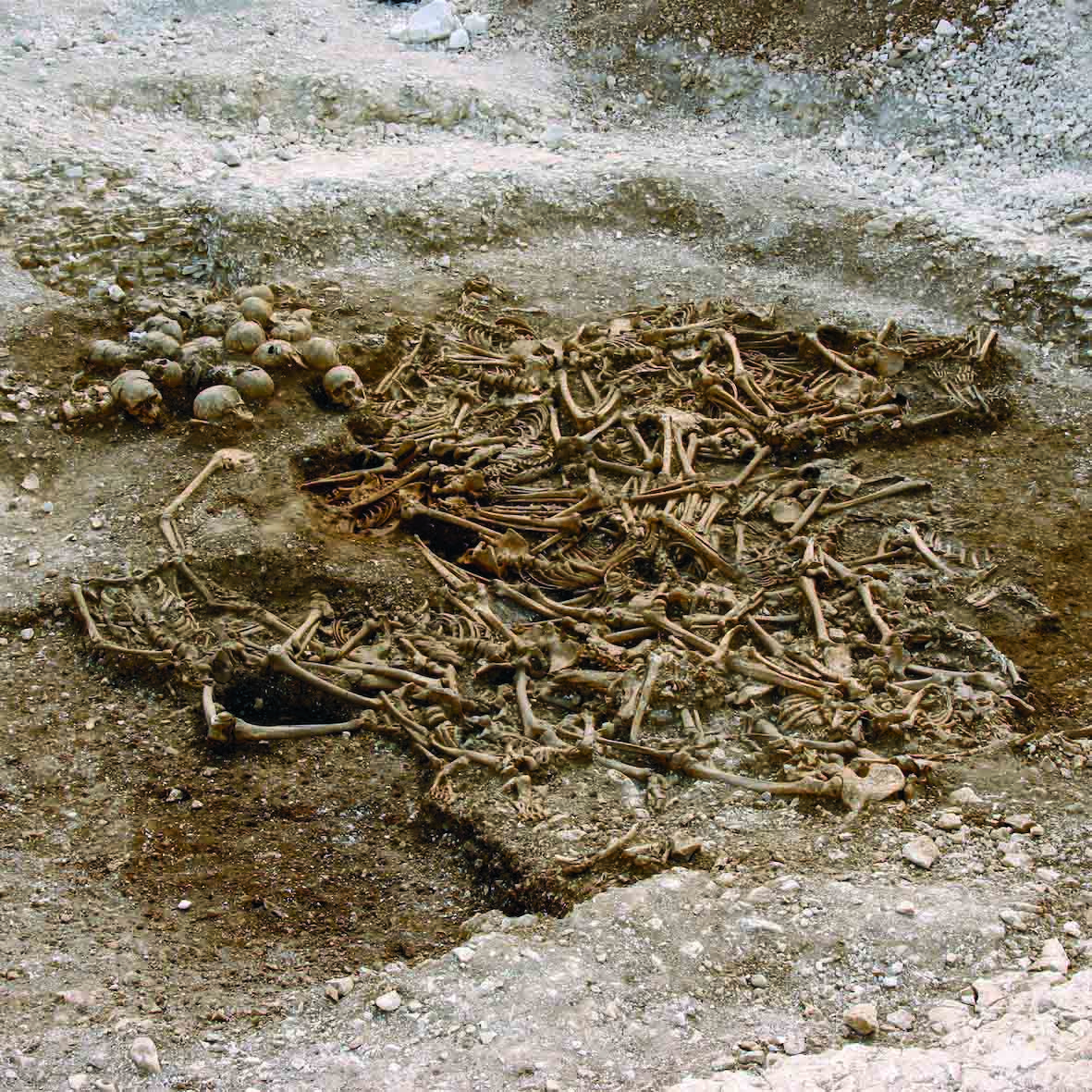
-
Features March/April 2022
The Last King of Babylon
Investigating the reign of Mesopotamia’s most eccentric ruler
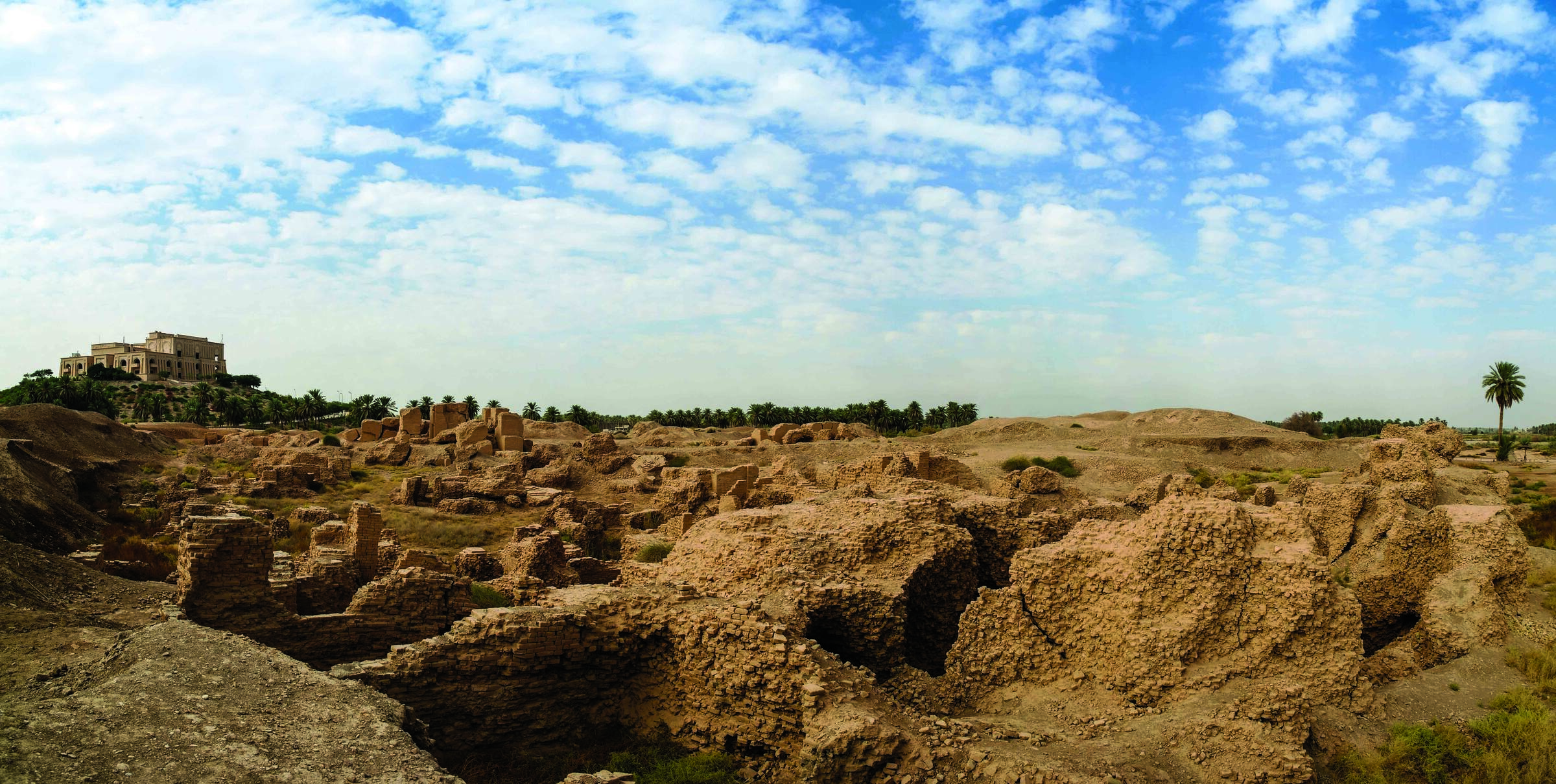 (iStock/HomoCosmicos)
(iStock/HomoCosmicos) -
Features March/April 2022
Paradise Lost
Archaeologists in Nova Scotia are uncovering evidence of thriving seventeenth-century French colonists and their brutal expulsion
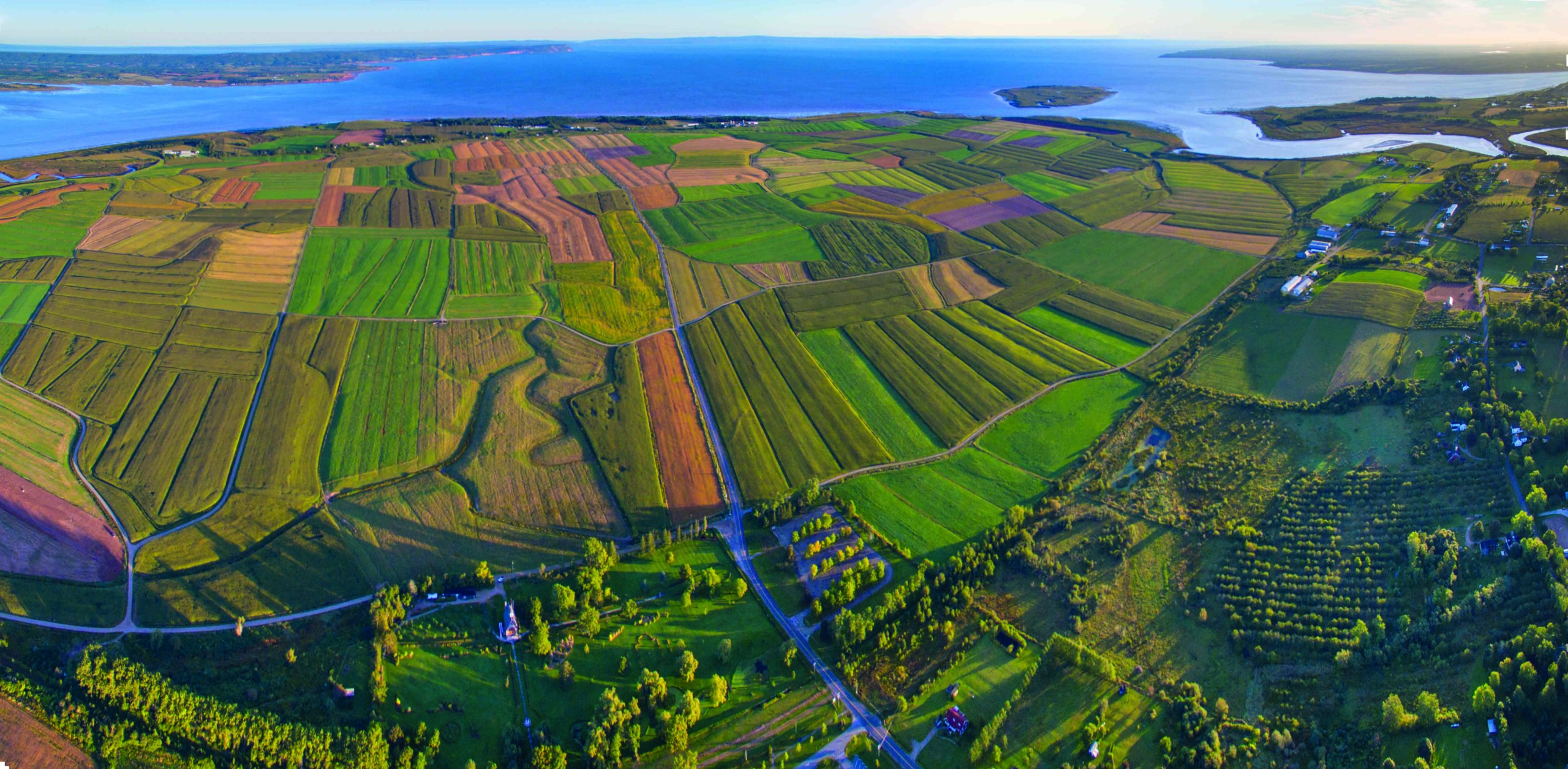 (© Jamie Robertson)
(© Jamie Robertson) -
Features March/April 2022
Exploring Notre Dame's Hidden Past
The devastating 2019 fire is providing an unprecedented look at the secrets of the great cathedral
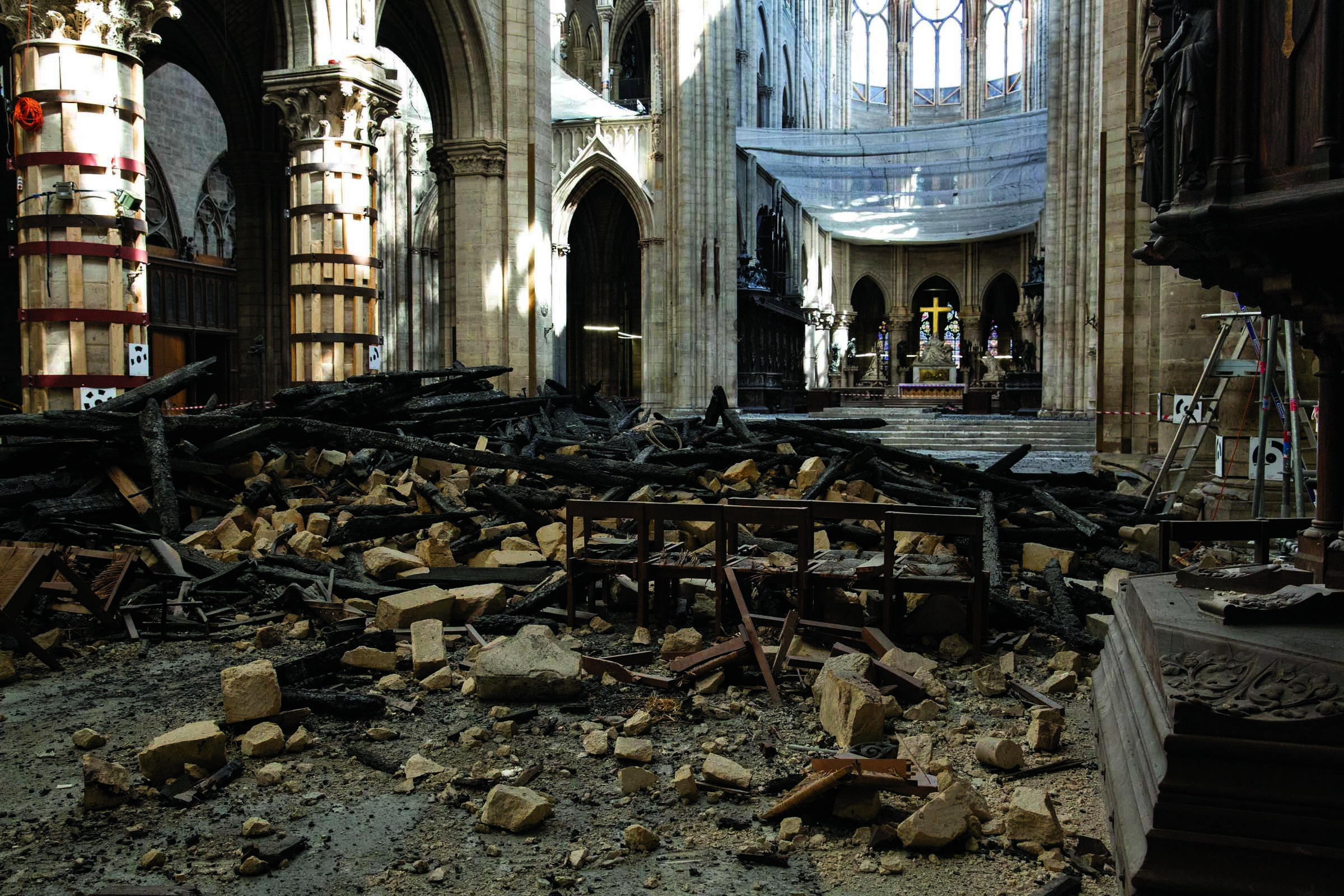 (Patrick Zachmann)
(Patrick Zachmann) -
Letter from Doggerland March/April 2022
Mapping a Vanished Landscape
Evidence of a lost Mesolithic world lies deep beneath the dark waters of the North Sea
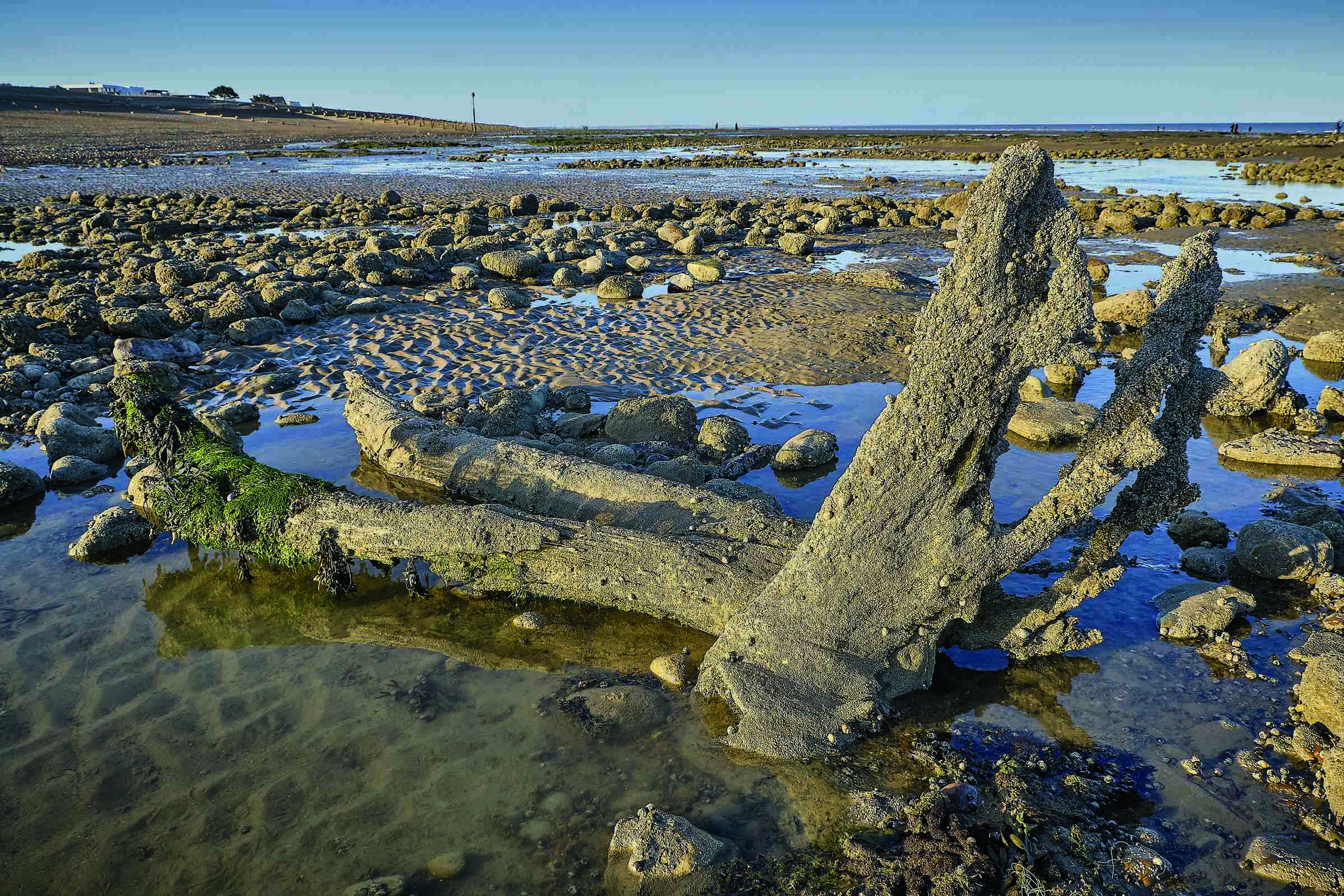 (M.J. Thomas)
(M.J. Thomas)


